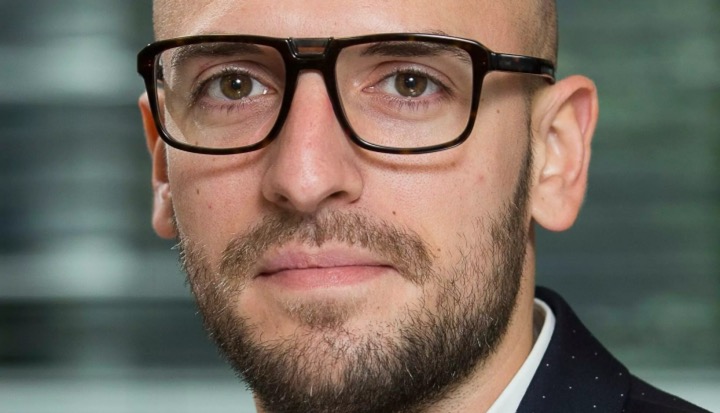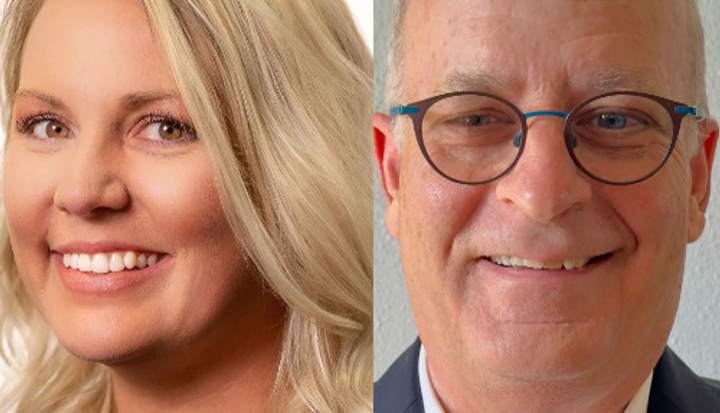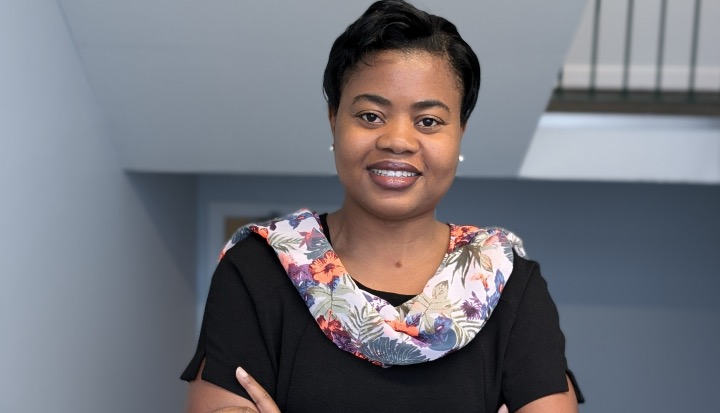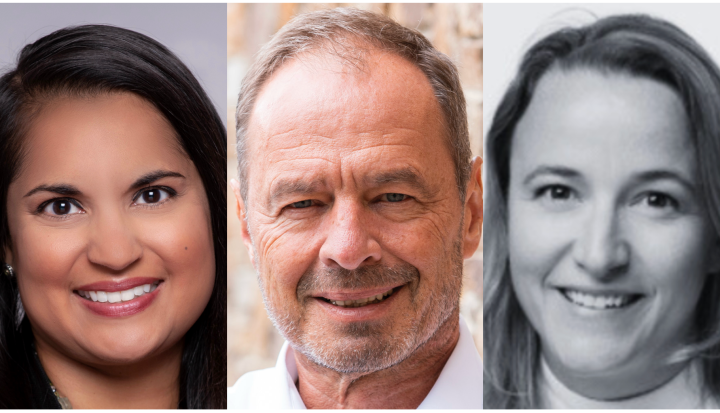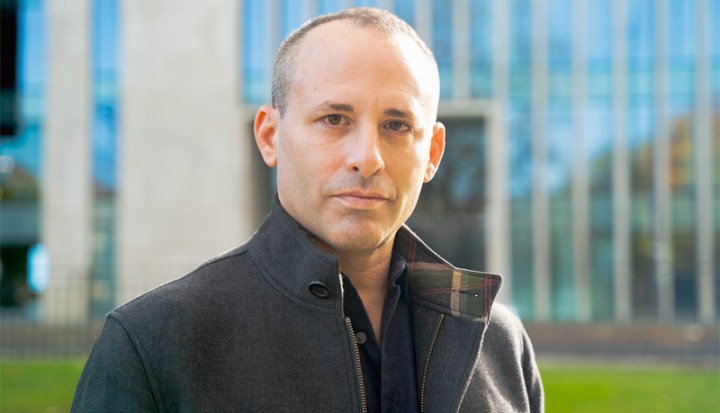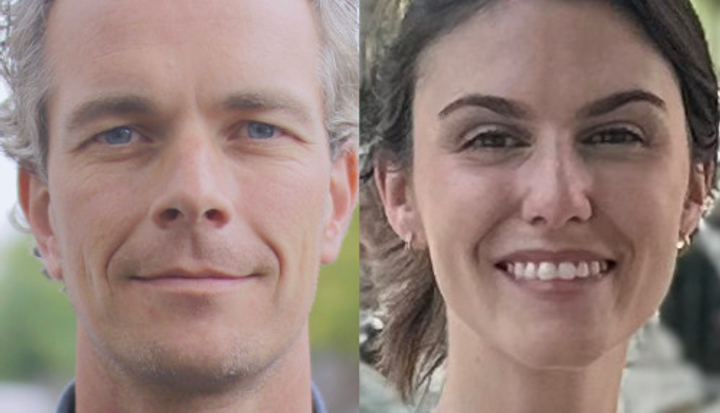Why is financial inclusion for displaced people a problem? If you are a migrant or a refugee, if you have left your home due to forced reasons, and you arrive in another country, chances are that financial services are not accessible to you. The lack of an ID card or the lack of recognition of the ID card provided to you is a barrier; the lack of your credit history and collateral are additional barriers; language differences and stereotypes; as well as the lack of information from financial service providers will all hold you back from getting access to financial services. And the consequences are that you may not be able to get a job, pay your taxes or set up your own enterprise. And yet, as we will hear in this podcast, improving financial services for displaced people, unlocks a wealth of economic and social growth for this population, as well as benefits and gains for the countries that hosts them.
Meet Social Impact Pioneers Micol Pistelli and Ricardo Martin Garcia Tafur who have been working tirelessly to develop better financial service models for forcibly displaced people. Financial services that help migrants, refugees, and asylum seekers, as well as internal displaced people to get contributing to their local host communities and economies.
Micol is a Senior Financial Inclusion Coordinator at UNHCR, The United Nations High Commissioner for Refugees – which has the mandate to help and protect refugees, forcibly displaced communities, and stateless people around the world. Whilst Ricardo is a Senior Operations Officer at the IFC and UNHCR Joint Initiative that fosters private sector engagement into forced displacement contexts at the International Finance Corporation (the IFC) which is part of the World Bank Group. Both are deeply focused on building financial and economic inclusion of forcibly displaced populations.
During this podcast conversation Micol and Ricardo roll up the blind on the economic case for having better financially integrated people in host communities. They explain: “If people migrating into your area are economically contributing to your area, paying their taxes and putting their efforts back into your community – there can be positives for everyone.”
Together they have been working directly with financial service providers across South America – the data that they have collected reveals the challenges facing migrants and, also the market opportunities that open, if forcibly displaced people are better served.
Get ready to hear very practical ways for banks and other financial service providers to better support migrants, refugees and asylum seekers, while maximizing the gains and benefits for the financial sectors in their host countries. From designing and implementing tailored and people-centered value propositions, to sensitization and breaking paradigms, to recruitment opportunities and service delivery. Listen in to hear more.
Links:
UNHCR data link
Short blog on UNHCR work on financial inclusion
Verkuyten M. Public attitudes towards migrants: understanding cross-national and individual differences. World Psychiatry. 2021 Feb;20(1):132-133. doi: 10.1002/wps.20819. PMID: 33432771; PMCID: PMC7801858.
And if you liked this conversation, take a listen to:
Gender Equity Pathways at work with Rani from IFC and Tere of Circle de Luz
and
Business and Refugees, with Yusuf and Emily




